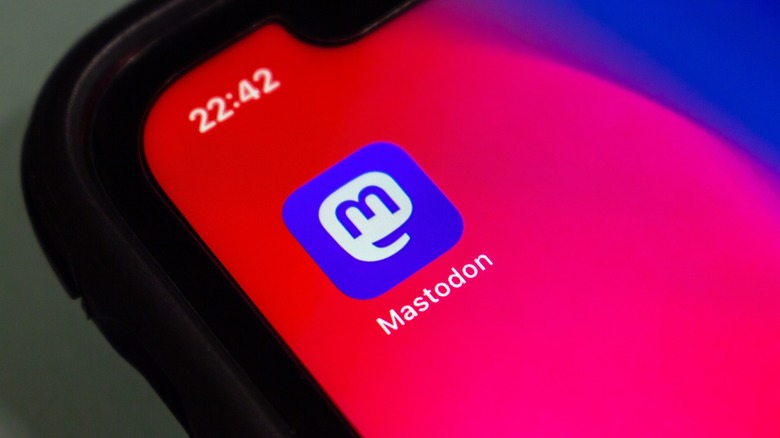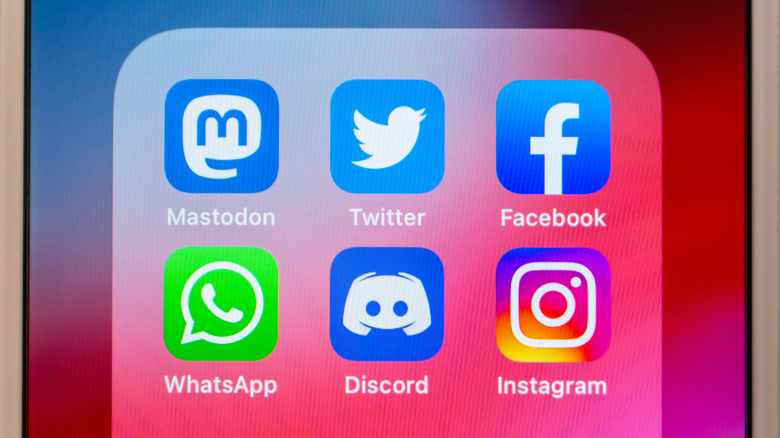Mastodon DMs Are Very Different To Twitter - And That Could Get Embarrassing
Mastodon, the tooting and sometimes confusing decentralized network of servers that people run to when they're mad at Twitter, has many of the same features you're already using on the bird-themed platform. Though some people have criticized Mastodon for focusing too heavily on being a Twitter clone, that familiarity is welcome in many cases — and, unfortunately, it's unintentionally deceptive in others.
If you're used to tweeting and messaging people on Twitter, you may look around Mastodon and get comfortable with what you see, making the mistake of assuming all of the features work the same way they do on Elon Musk's social network. That could result in, at best, an embarrassing mistake due to the way Mastodon handles direct messages. In a worst-case scenario, misunderstanding the DM feature could result in sensitive conversations becoming public, as well as inadvertently revealing the sources used by journalists and other such scenarios.
Don't mention someone in Mastodon DMs
On Twitter, your DMs are private and you only have to worry about them leaking if the recipient decides to share them, their account is compromised, or your own account is accessed by a third party. On Mastodon, however, having your private conversations made public can be as simple as @mentioning someone in a DM who isn't part of the conversation. Doing this will automatically add that user to the DM thread, and that person will then have the opportunity to read — and maybe even copy and share — the messages if they want.
In addition, you should be careful what you say in these DMs in general. Unlike apps like Signal and many centralized social media platforms, private messages on Mastodon aren't secured with end-to-end encryption. This makes it easier for a bad actor to gain access to the conversations, which could be a big deal if, for example, a journalist is talking with a source about a big scoop for an upcoming piece. It's good practice in general to be careful what you say in messages and to limit sensitive subjects to encrypted options.
That said, if you're not concerned about these potential stumbling blocks, you can easily make your own Mastodon account and start tooting on a variety of servers. If your friends and followers have already fled Twitter, there's also now a handy tool that'll help you track down their accounts on Mastodon, something that can be much harder when compared to searching on a centralized platform.

